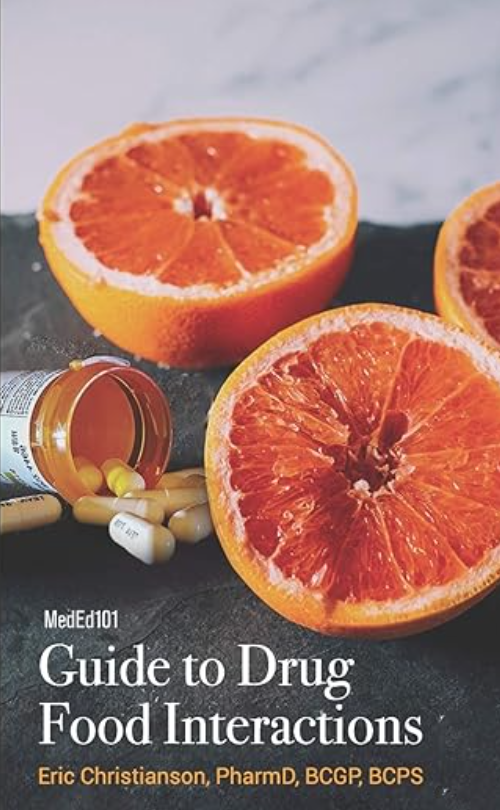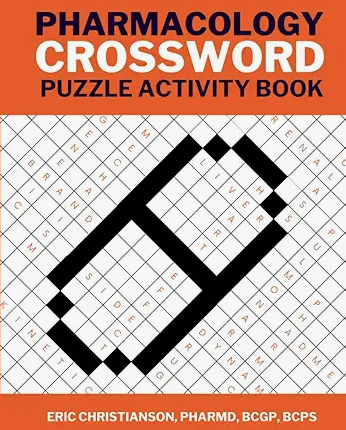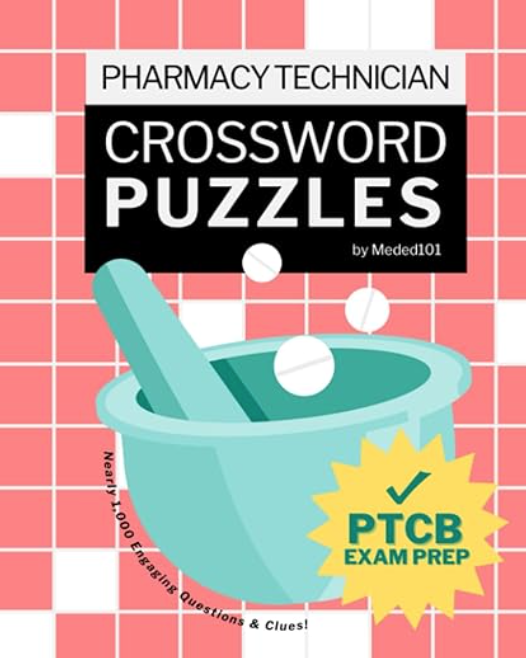Depression is one of the top three health disorders in adults ages 18-34 with approximately 21.3% of these adults having depression. This means that many women suffer from depression during their peak childbearing years and will begin medication to treat it. Uncontrolled depression or anxiety may lead to issues in pregnancy. Thus, there is always a risk versus benefit assessment for any medication and deciding how to navigate antidepressant use is an important patient-provider decision. What effect do SSRIs have on women during pregnancy, and which one is safest for these women? In this article, we will outline the use of SSRIs in pregnancy.
Historically, all SSRIs have been categorized as pregnancy category C (except for paroxetine which is category D) and are often recommended over other antidepressants. However, not all of these medications are equally safe and effective in pregnancy.
In my experience, providers have the greatest experience with using sertraline in pregnancy (common board exam question too!). It has a decent track record with low to minimal risk of harm to the developing fetus and the mother. In addition, it has been shown to have relatively lower concentrations in fetal circulation (Paulzen et al). Another positive in sertraline’s favor which we discuss further in an upcoming post is that it is one of the most compatible SSRIs in breast feeding. Citalopram also has a decent amount of data supporting its safety record in pregnancy. They were both found to have an insignificant association with negative outcomes and thus are recommended over other SSRIs.
Escitalopram does not seem to have a significant association with negative outcomes. There is less study data on it, so it is not routinely recommended over sertraline in my experience. Similar to escitalopram, fluvoxamine has less data to recommend for or against use in pregnant women.
Fluoxetine has mixed evidence with some studies indicating its safe while other indicating there may be some slight risks. Because we have other options, fluoxetine is generally not utilized. Paroxetine should generally be avoided in pregnancy as it has been shown to increase the risk of cardiac malformation.
When it comes to SSRIs in pregnancy, it is hard to change regimens after finding one that works for our patients. Because of this, many women of childbearing age are started on sertraline to prevent medication changes upon pregnancy. However, no matter what antidepressant the patient is taking before pregnancy, she should be counseled to avoid abruptly discontinuing her medication. Worsening depression can lead to suicidal thoughts or behaviors, and because of this, it is important to weigh the risks vs. benefits of continuing vs changing antidepressants with their OB/GYN and healthcare team.
This article was written by Sara Hoag, PharmD Candidate, in collaboration with Eric Christianson, PharmD, BCPS, BCGP
- 30 medication mistakes PDF
- 18+ Page Drug Interaction PDF
- 10 Commandments of Polypharmacy Webinar based on my experiences in clinical practice
Popular Amazon Books
Resources:
- Watson KB. Chronic Conditions Among Adults Aged 18─34 Years — United States, 2019. MMWR Morbidity and Mortality Weekly Report. 2022;71(30). doi:https://doi.org/10.15585/mmwr.mm7130a3
- Womersley K, Ripullone K, Agius M. What are the risks associated with different Selective Serotonin Re-uptake Inhibitors (SSRIs) to treat depression and anxiety in
- Bałkowiec-Iskra E, Mirowska-Guzel DM, Wielgoś M. Effect of antidepressants use in pregnancy on foetus development and adverse effects in newborns. Ginekol Pol. 2017;88(1):36-42. doi:10.5603/GP.a2017.0007 pregnancy? An evaluation of current evidence. Psychiatr Danub. 2017;29(Suppl 3):629-644.
- Paulzen M, Goecke TW, Stickeler E, Gründer G, Schoretsanitis G. Sertraline in pregnancy – Therapeutic drug monitoring in maternal blood, amniotic fluid and cord blood. J Affect Disord. 2017 Apr 1;212:1-6. doi: 10.1016/j.jad.2017.01.019. Epub 2017 Jan 21. PMID: 28129551.









Great job
If listed out SSRI in pregnancy is very well